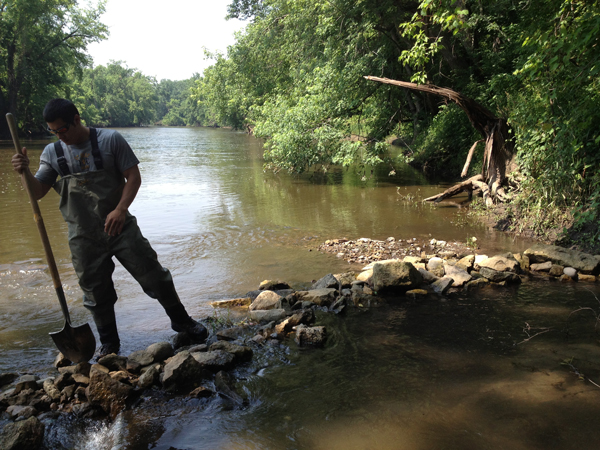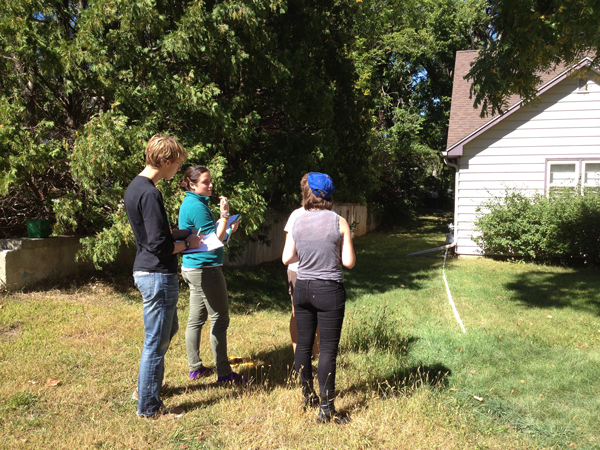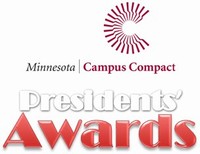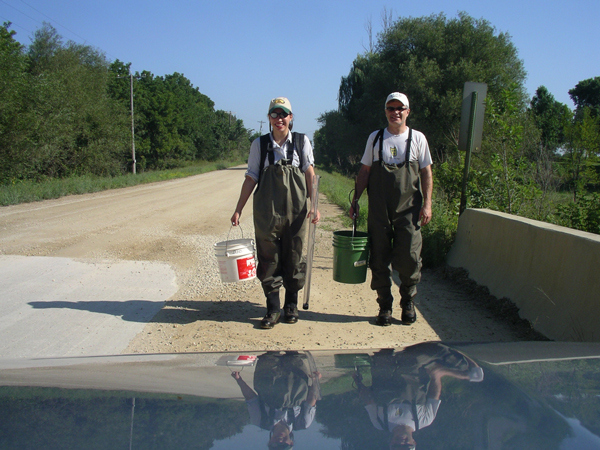Theory guides and experiment decides. This statement, first espoused by Izaak Kolthoff, serves as the often cited motto of the subdiscipline Analytical Chemistry, and it is a subdiscipline of which I am a part. The motto complements the two goals of the scientific process: discovery, the generation of new knowledge and ideas, and reduction to practice, the application of knowledge and ideas. Often discovery gets a majority of the attention, but it is the reduction to practice that excites me. It speaks to the consequences (intended and unintended) of the discovery. In addition it reinforces the ideal that learning is intimately connected to knowledge construction and to experience. You can have one without the other, but it isn’t as rich or as fun. Growing up these ideals took root in the everyday living on my uncles’ dairy farms. The first time I was stepped on by one of the three-quarter ton cows clearly demonstrated that the theory about how to convince an animal to move in the way you wanted was far different than practice. Planting, harvesting and tending to the landscape depended on the weather as much as the knowledge and ingenuity of the laborer. While building and remodeling homes to help pay for college, I frequently witnessed arguments between two foremen, who happened to be relatives, about the best way support a cantilevered floor or bring two roof angles together in an aesthetically pleasing yet functional fashion. This life-learning illustrated how the best laid plans change for a project as soon as the activity begins. The system gives feedback and teaches – if I listen.
I try to model listening to the system as a teacher-scholar, and it is reflected in my work on local and global environmental issues, the leading of interdisciplinary efforts, and the use of scientific data in decision-making as part of civic life. I invite students to become multidimensional problem solvers, and to learn as much as they can about the systems and the stakeholders. While working on a local trout stream the team converses with volunteers, elected officials, agricultural practitioners, and land owners about their concerns as well as past and present experience with the landscape. It always yields insights into forces that have shaped the ecosystems we inhabit as well as teaches us about our common humanity. By reflecting on environmentally focused volunteer and work experiences, I and my fellow learners receive more than any textbook or constructed class experience could provide. A few excerpts read:
I didn’t realize the amount of interest and concern the community had about the environment.
There are people who share my values.
People listened…and understood what I said.
Working and conversing with strangers is scary and fun. I have made new friends.
I was amazed by the amount of work we accomplished in so little time.

While theory provides a wonderful guide, it is the experiment, the action, and the practice that allows us to grow, to construct knowledge and to create and foster relationships. Practice reveals that meaningful work comes in a variety of forms. It makes visible our natural and social connections while inviting one to explore and even live to one’s values. Ultimately, we discover we are all in this together, and that we give to our neighbor and to our own education by learning through practice. As a result, I would slightly modify my opening statement to say, I believe theory guides, experiment and practice decides.

From the “This I believe” address to 2015 Minnesota Campus Compact Summit & Awards, 16 Apr 2015, St. Catherine University, St. Paul, MN.

